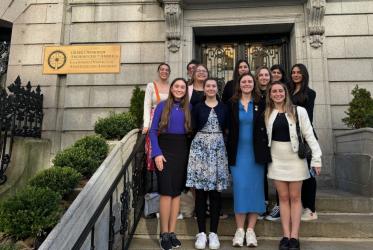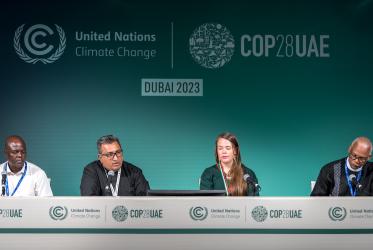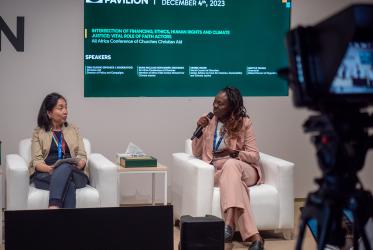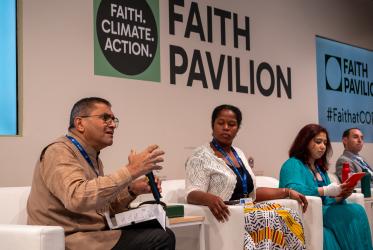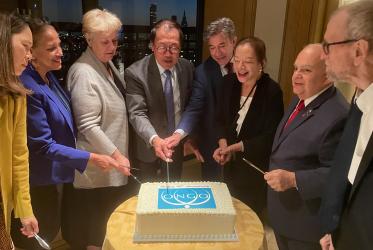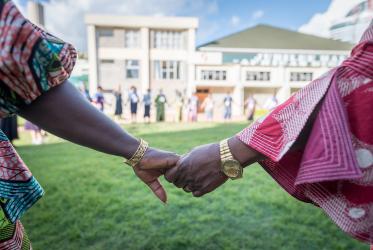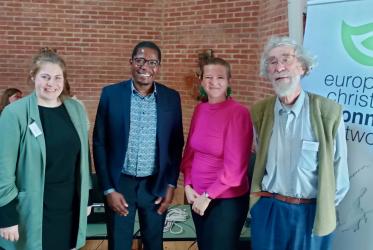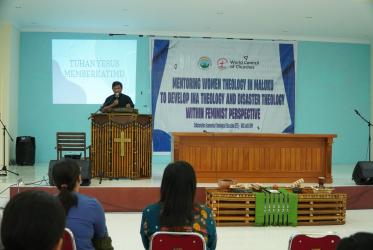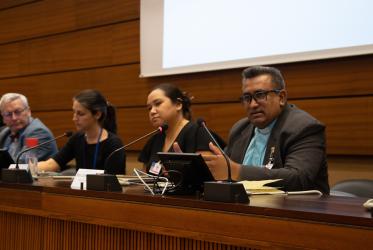Displaying 1 - 20 of 267
Faith communities advocate for a just transition at COP28 side event
09 December 2023
Ahead of Her Time
Pan-African Women of Faith and the Vision of Christian Unity, Mission, and Justice
01 November 2023
A Guide for Churches on the Prevention of Obstetric Fistula
26 October 2023
Celebratory event discusses Black leaders’ contributions to WCC
06 September 2023

